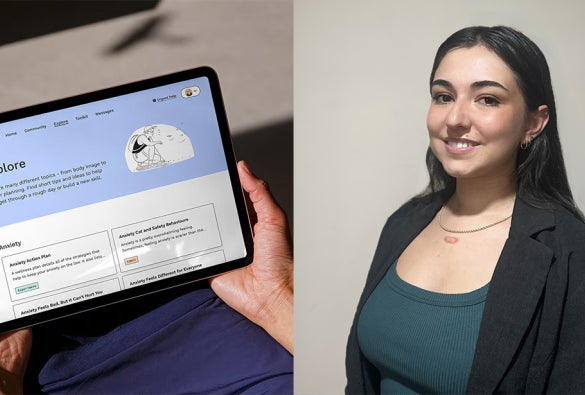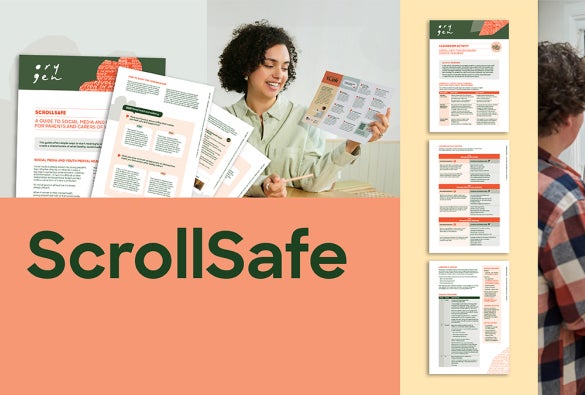Recovery Oriented Mental Health
Unit code: HNO6010
Credit points: 12
In this unit, students critically reflect on the lived experience of mental illness. The students' learning journey begins by examining past institutional abuse of people with mental illness and the continuing effects of stigma across social and diverse cultural contexts. Students analyse the evolution of the mental health consumer movement, focusing on consumer rights, autonomy, self-determination, collaborative decision-making, and strength-based models to support recovery from mental ill-health. Students also interrogate how to support consumers who have complex mental illness or who exhibit challenging behaviours, within a consumer-centred, recovery-oriented framework. Students will also debate the challenges that arise when balancing the diverse needs of consumers and carers in relation to confidentiality, privacy, and disclosure.
This unit is studied as part of the online Master of Mental Health , Graduate Certificate in Mental Health, Master of Mental Health Nursing, Graduate Diploma in Mental Health Nursing, Graduate Certificate in Mental Health Nursing and Master of Child and Adolescent Mental Health.





